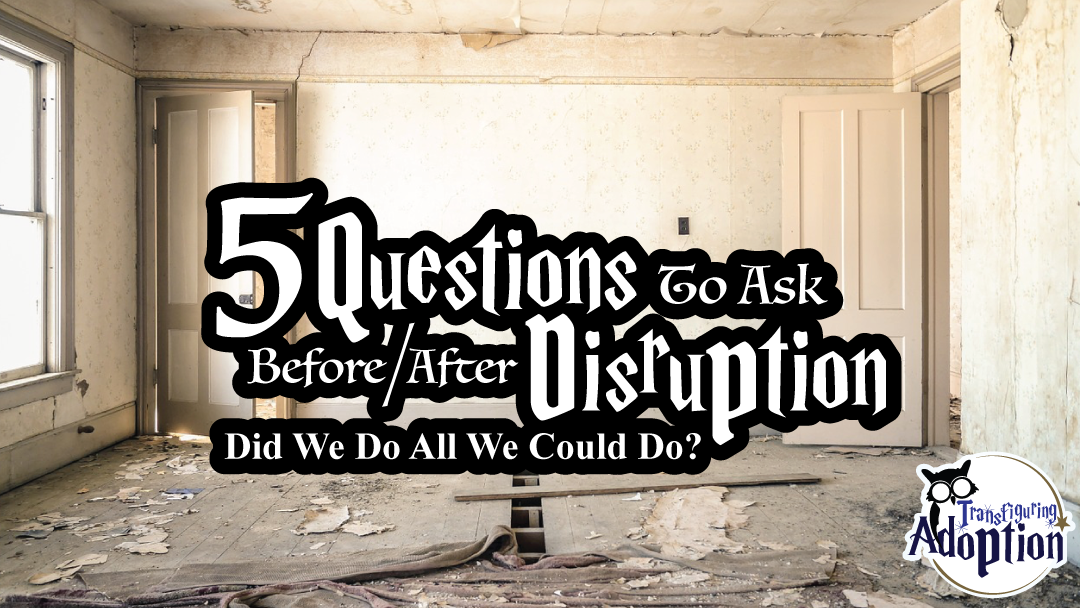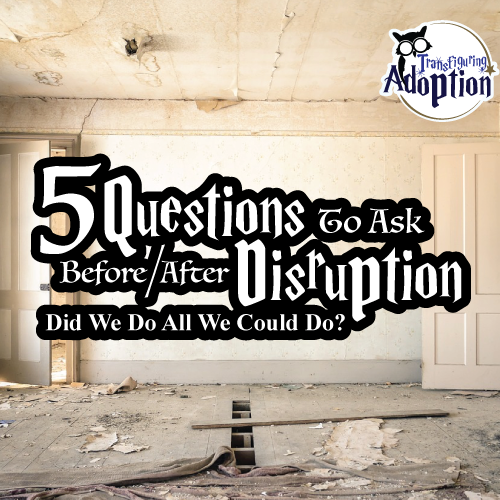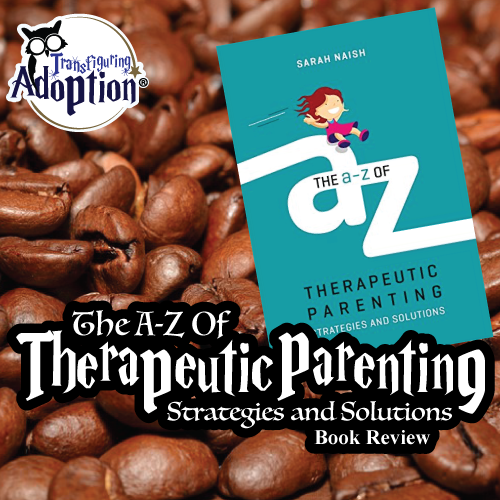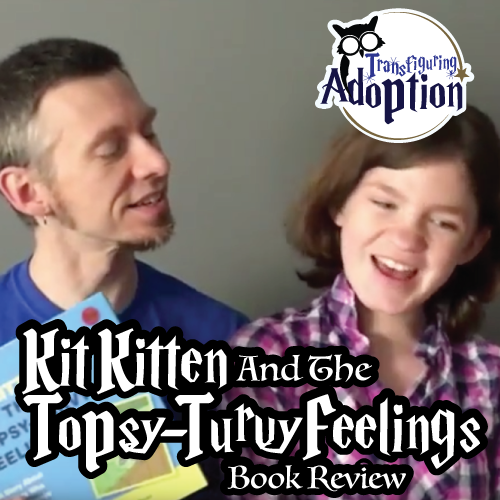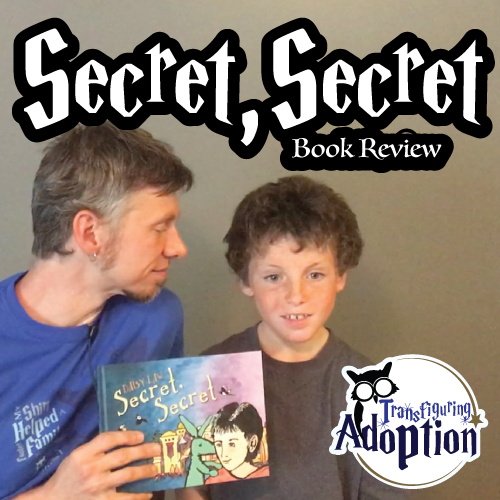My son got into the car on one of the last days of school with his yearbook in hand. He commented that [our foster child I called “Little Bit”] was in the yearbook. I forgot. Inwardly I twinged. I felt the pangs of guilt…the incessant internal question, “Did we do all we could?” After we got out of the car, we looked through the yearbook (and I found Little Bit’s pictures, including one with her best friend from school/our neighborhood). He then dug out an envelope and started reading goodbye letters his teachers and classmates wrote to him to wish him well in his new middle school in his new state. I laughed and swelled with pride in him at the things they wrote, but I flashed back to the letters written by Little Bit’s teachers and classmates when they found out they just had a couple days left with Little Bit. I remembered how far Little Bit had come. I wondered if I should have fought harder for Little Bit to be able to stay at the school where so much growth and healing had occurred. Should I have volunteered to provide transportation? Would I have been able to provide transportation and still do everything I needed to for my family and other responsibilities?
A few weeks ago someone told me they ran into Little Bit and a sibling who had also lived with us. When Little Bit heard we were moving to Florida, the answer was a disappointed “Aw.” I can hear the sound and see the facial expression in my mind. Six months in our home was long enough for me to know Little Bit’s faces and sounds. In those six months, the disappointed and sad sounds and faces had become fewer, and the happy sounds and faces and joy had increased so much.
The internal conflict continues. Even our kids every now and then say they miss Little Bit and mention that they wish we could have done more. Six months have passed since they moved out. I saw these two precious ones once at a party a couple weeks after they moved out. I fully intended to have more contact. I wanted to pick up Little Bit and go to the holiday program at our elementary school so Little Bit could say goodbye to the best friend who was out of town during Little Bit’s last days at our house. I want to see these two kids we came to love so dearly. I want to talk to them. I want to hug them. They went to Florida with us once for vacation. I remember during that trip they said, “We should all move to Florida!”, and they daydreamed aloud with the other kids about what life here would be like. Crazily enough, we made the decision to move to Florida a few months later…after they had moved out.
We had never disrupted before. We have made the decision not to adopt before, but not for kids who lived in our home as placements, just ones who were needing a home we knew we could not provide. We said no to placements. BUT we never disrupted. WE disrupted. We—the people who strive to keep disruptions from happening and support others as best we can so they do not feel the need to disrupt—disrupted, and people reminded us that we are the people that say disruptions should be kept to a minimum. I know how disruptions affect kids. I remind myself that it was supposed to just be short term—like a few weeks until a suitable placement could be found. We had not promised long term. We stuck through so much hard with them for way longer than we were supposed to have had them in our home. We fought for them and faced their struggles as members of their team. But those professionals working with our family knew it was time and told us so. We were no longer helpful to Little Bit and Little Bit’s sibling, and the kids we had promised forever to were suffering in ways I cannot share. Other people not so close to the situation were angry and did not understand.
As foster parents, there are several questions we have to ask before and after a disruption:
- Are there any further steps that can be taken by us or the children’s care team to prevent a disruption?
It could be instituting a safety plan or obtaining additional services for the child(ren). It could mean hiring someone to help in the home. It could be taking some time out for self-care or getting further training to aid in parenting to the needs of the child(ren). - In the case of disruption, how can we help our families, friends, neighbors, and others who have been involved with a foster child understand, and how do we do that without breaking rules of confidentiality?
- How do we minimize trauma for the child(ren)?
It may mean doing transitional visits with the child’s new placement and easing them into the home. This definitely includes giving the child a life book and/or other items to help them remember their history. It may mean continuing to play an active role in the child’s life in whatever way possible. Let the new caregiver know about routines, behaviors, likes, dislikes, and so on. A good resource is the book Moving to a New Foster Home by Adam Robe. It helps a child process the move on their level and give the new family information children want their new caregivers to know about them. - How do we ensure the child continues to get needed services, does not have to start over with certain testing, etc?
This means passing as much information on as possible to the new placement. You need to give a detailed list of all past and future appointments with all specialists. You need to make sure you get the new placement information on services received at school, both formal and informal. - How do we get to a place where we have closure and we can stop second-guessing ourselves?
For our family, the facts that all of the professionals involved with our family told us we needed to disrupt and that damage was being done to everyone in our home has helped us conclude that we made the only decision we could. When we met with the team involved with the children, we were told we had the best explanation for disruption ever given.
